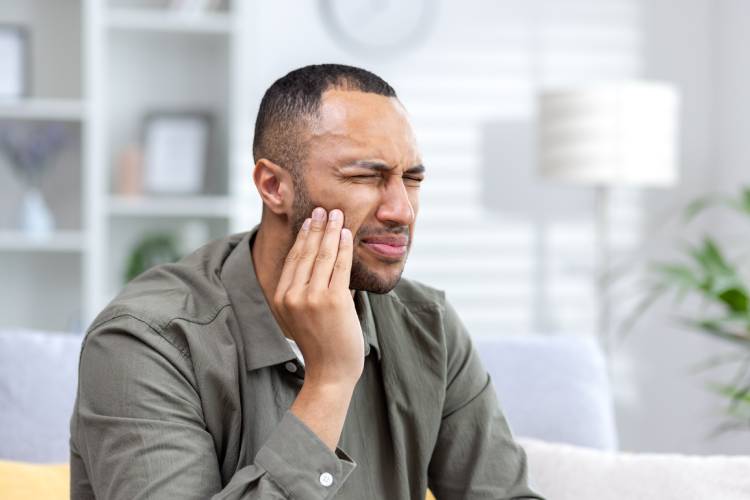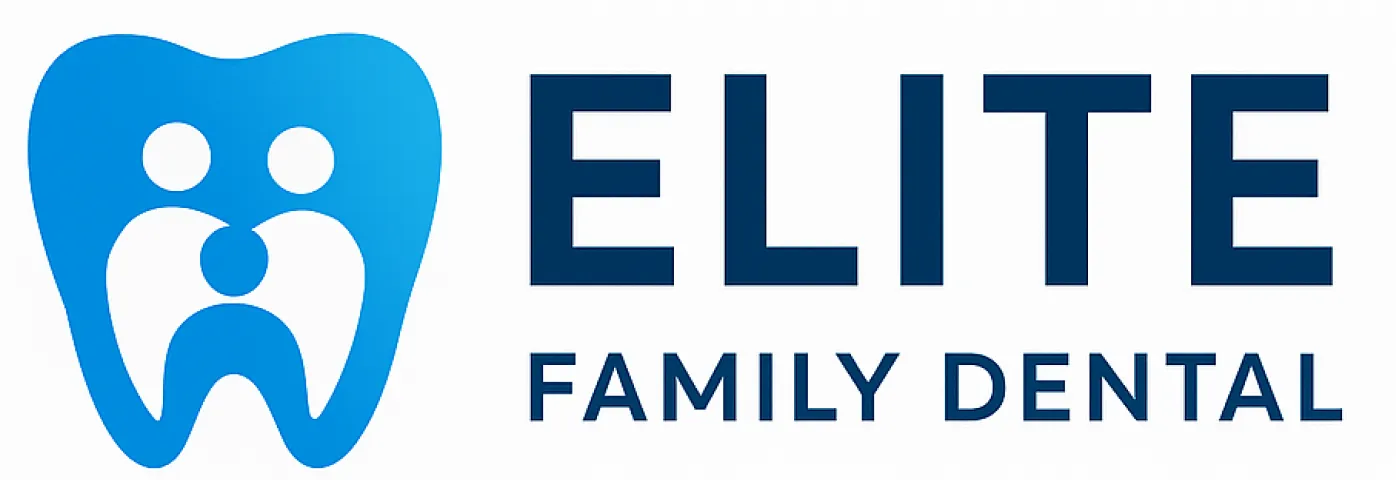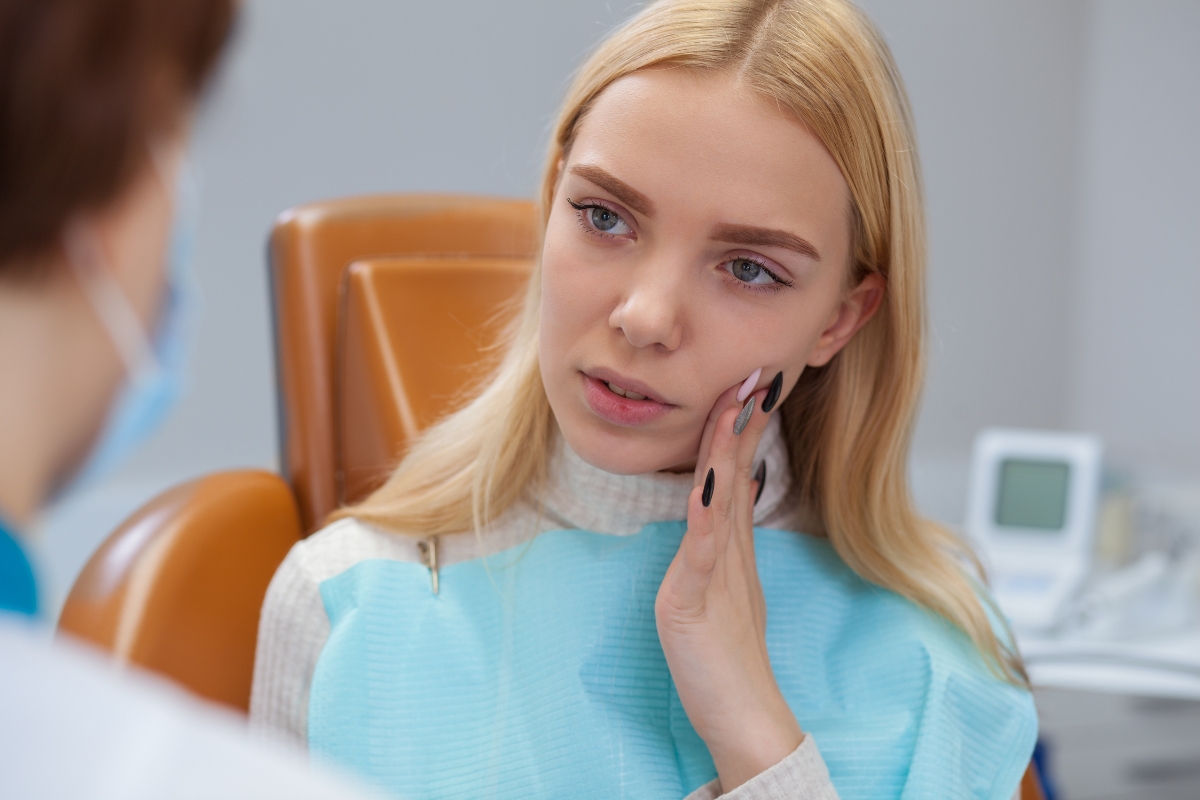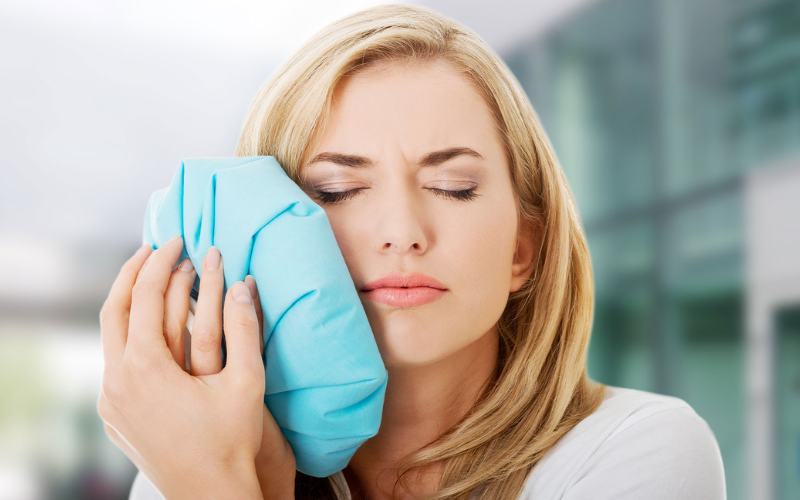6287 Taylorsville Rd Building #2, Fisherville, KY 40023
Most Effective Pain Relief Methods For Dental Emergencies


Most Effective Pain Relief Methods For Dental Emergencies
Dental emergencies have a unique way of striking at the worst possible moments—right before an important meeting, in the middle of the night, or during a weekend getaway. The searing, throbbing pain can quickly take over your day, making every minute feel like an hour. So, how can you fight back?
In this guide, we’ll uncover the most effective ways to relieve dental emergency pain, when to act fast, and how to avoid making it worse.
The Main Reasons Why You Face Dental Pain
Before reaching for pain relievers, it helps to know what you might be dealing with. Common dental emergencies include:
- Severe toothaches.
- Cracked or chipped teeth.
- Knocked-out tooth.
- Abscesses or infections.
- Lost or damaged fillings or crowns.
- Soft tissue injuries (like bitten lips or gums).
Each of these situations demands a different approach, but pain relief is always the first priority.
Fast-Acting Pain Relief Methods That Work
Here’s how to get relief until you can visit an emergency dentist in Fisherville, KY.
1. Over-the-Counter Pain Medications
- Ibuprofen (Advil, Motrin) is often the best for dental pain, as it reduces inflammation.
- Acetaminophen (Tylenol) is helpful if you can’t take NSAIDs.
- Avoid aspirin directly on gums—it can cause chemical burns.
2. Saltwater Rinse
A natural disinfectant, saltwater rinses reduce bacteria and ease inflammation.
- Mix ½ teaspoon of salt into a glass of warm water.
- Swish gently for 30 seconds.
- Repeat 2–3 times a day.
3. Cold Compress
Great for trauma, swelling, or toothaches.
- Wrap ice in a towel.
- Apply to the outside of the cheek for 15–20 minutes.
- Repeat every few hours.
4. Clove Oil or Vanilla Extract
Natural pain relievers with mild numbing properties.
- Dab a small amount on a cotton ball.
- Apply directly to the affected tooth or gum.
5. Hydrogen Peroxide Rinse
Effective for gum infections or bleeding.
- Use only a 3% hydrogen peroxide solution.
- Mix equal parts with water.
- Rinse (do not swallow).
Pain Is a Major Driver for Dental Visits
According to the American Dental Association, 22% of adults experience orofacial pain at least once every 6 months, and nearly half of all emergency dental visits are due to uncontrolled pain. This stat shows just how common—and disruptive—dental pain really is.
When To Seek Immediate Dental Help?
While home remedies are great short-term fixes, don’t wait too long to seek professional care, especially if you notice:
- Swelling in the face or jaw.
- Fever or signs of infection.
- Severe bleeding.
- A tooth that’s completely knocked out.
- Difficulty breathing or swallowing.
These are dental emergencies that can’t wait. Prompt action could mean the difference between saving or losing a tooth.
Preventing Future Dental Emergencies
The best pain relief? Not needing it in the first place. Here’s how to avoid sudden dental issues:
- Maintain oral hygiene: Brush twice daily and floss once.
- Wear a mouthguard: Especially for contact sports or if you grind your teeth at night.
- Watch what you eat: Avoid biting into hard foods like ice or popcorn kernels.
- Keep regular dental appointments: Catch issues early before they escalate.
Must-Haves In Dental Emergency Kit
Want to be ready for anything? Keep these in a small pouch at home or in your car:
- Pain relievers (Ibuprofen or Acetaminophen).
- Dental wax (for broken braces or sharp teeth).
- Cotton balls or gauze.
- Clove oil or temporary filling material.
- Emergency dentist contact info.
Dental emergencies are never fun, but knowing how to control the pain gives you power. Use these methods to calm things down, then get in touch with our emergency dentist ASAP. Remember, these solutions are temporary—they buy you time but aren’t a cure.
The sooner you act, the faster you heal—and the less it hurts.






